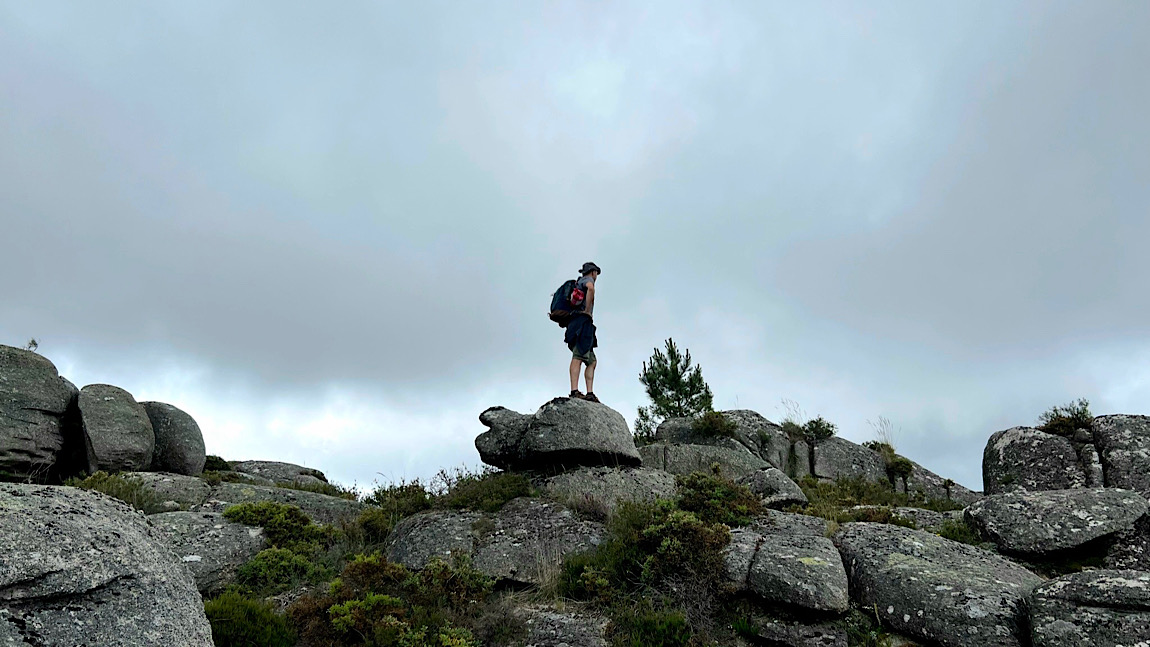Immersion in nature is highly beneficial for our general well-being. Whether it's in a small garden or a city park, in remote mountains or small rural villages in the hinterland. This seems so obvious to us that it doesn't need scientific support. However, it does help us to better understand the relationship between "From a neuropsychological point of view, it is known that walking outdoors or simply observing a natural landscape reduces levels of cortisol, the hormone associated with stress, and stimulates the release of dopamine and serotonin, neurotransmitters linked to pleasure, calm and emotional balance." Vera de Melo/ Clinical Psychologist / Expresso (17-09-2025).
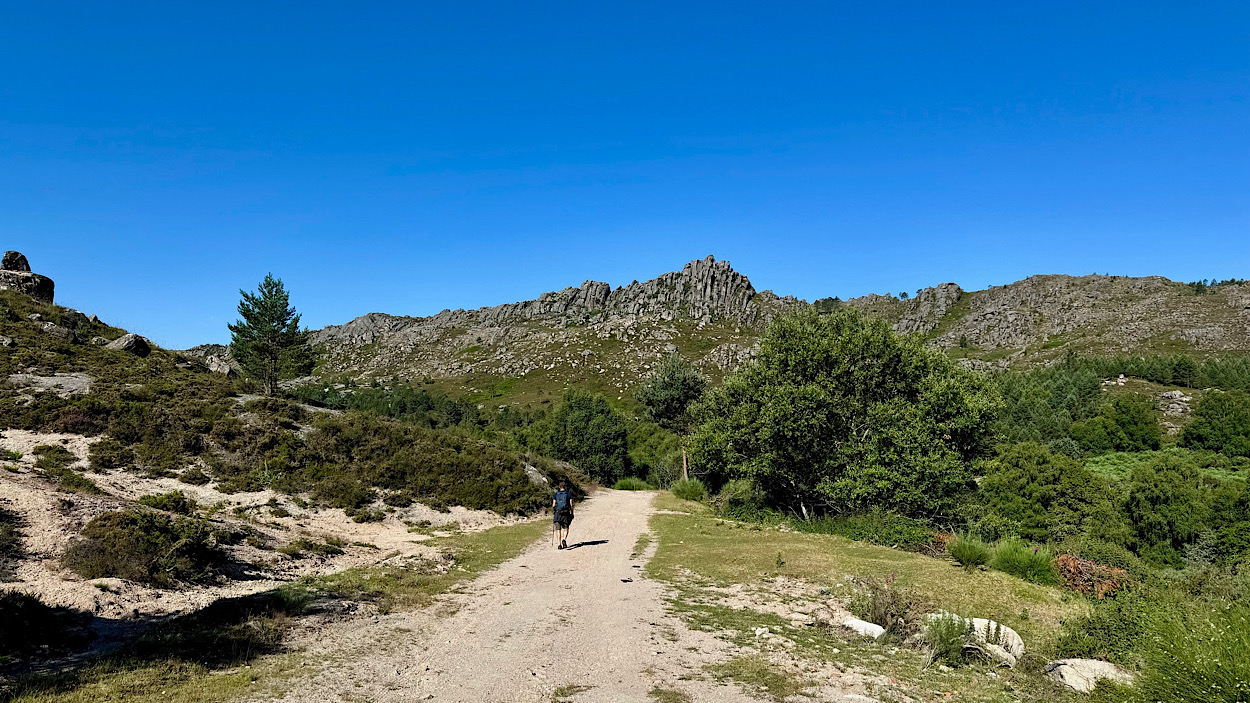
If the importance of momentary dilution in nature seems to be a fact that leaves little room for dispute, such is gaining added urgency at a time of technological disruption and the consequent acceleration of political, economic and social change. In this context, digital social networks cause the relational universe to shift, the world narrows and shrinks, anxiety and tensions intensify, as if the hyper-abundance of all kinds and shapes makes mental space too narrow.
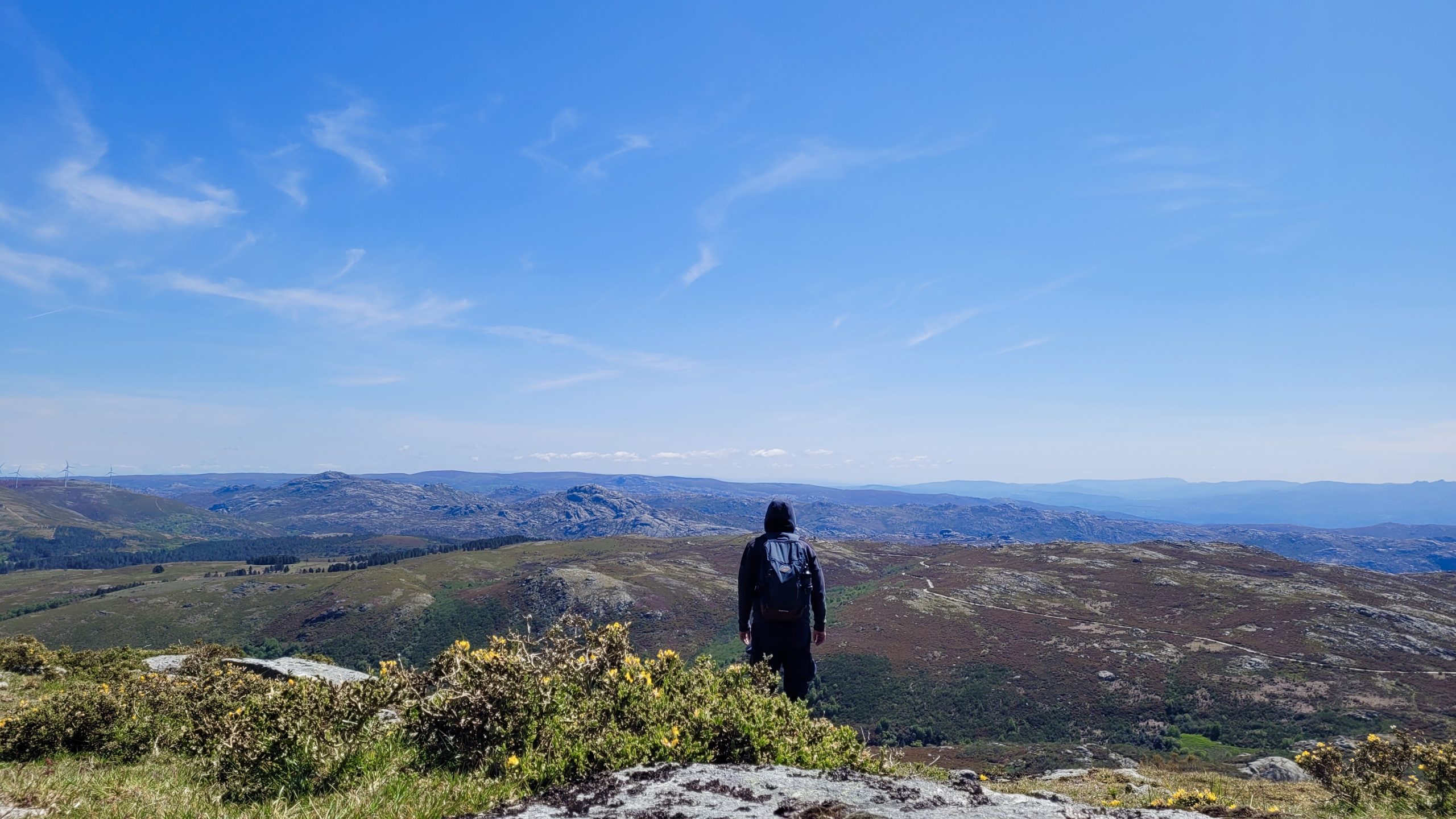
To this must be added the frictions of professional life, the usual ones and those added by the insecurities typical of a time of widespread and profound change. And we have the perfect cocktail for the inevitable psycho-emotional erosion, which can lead to situations of disorientation, helplessness, saturation and collapse.
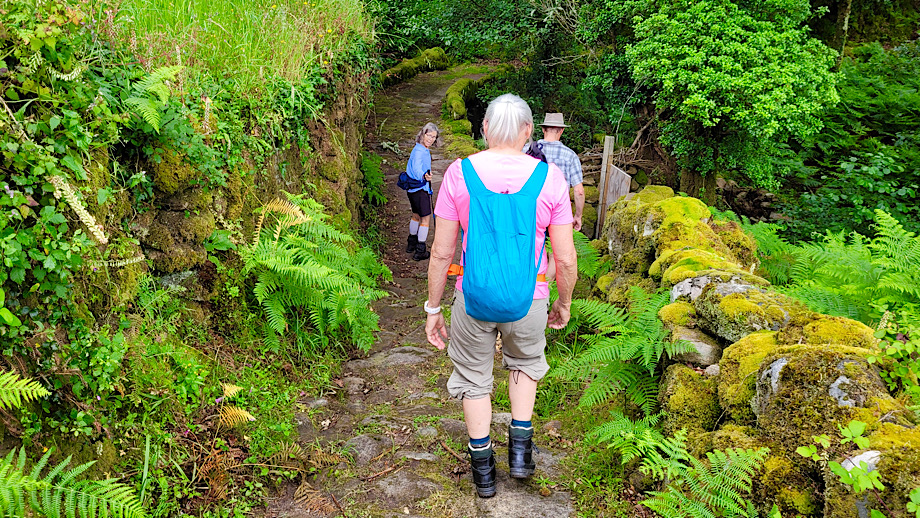
In this sense, periodic retreats that allow them to get away from the digital experience, the demands of the professional world and the urban environment seem to be an essential therapy to restore balance. In the silence of the landscape, in the colour of the vegetation, in the musicality of the birds and the water in the streams, in the luminosity and caress of the morning sun, in the perfumed freshness of the air, in the candour of the rain dripping from the trees, in the mystery of the fog, in the wrinkles of the stones and trunks, in the slowness of the hours, we find the solitude we need to find ourselves again.
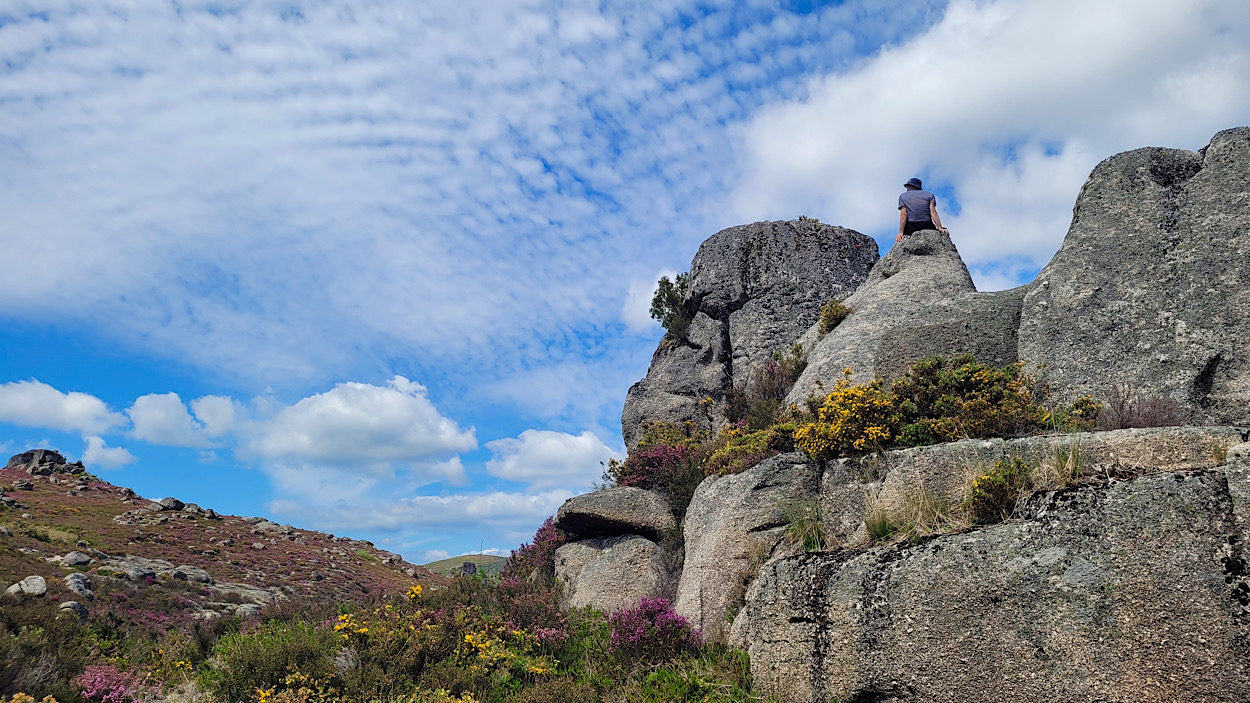
With the head becoming lighter and less subject to demands, with the body relaxing, we can get out of ourselves and confront our certainties and uncertainties. And thoughts are more likely to break free from their cloister and flow freely, clearly and inspiredly. This is the unsurpassable and irreplaceable magnetism of nature.

